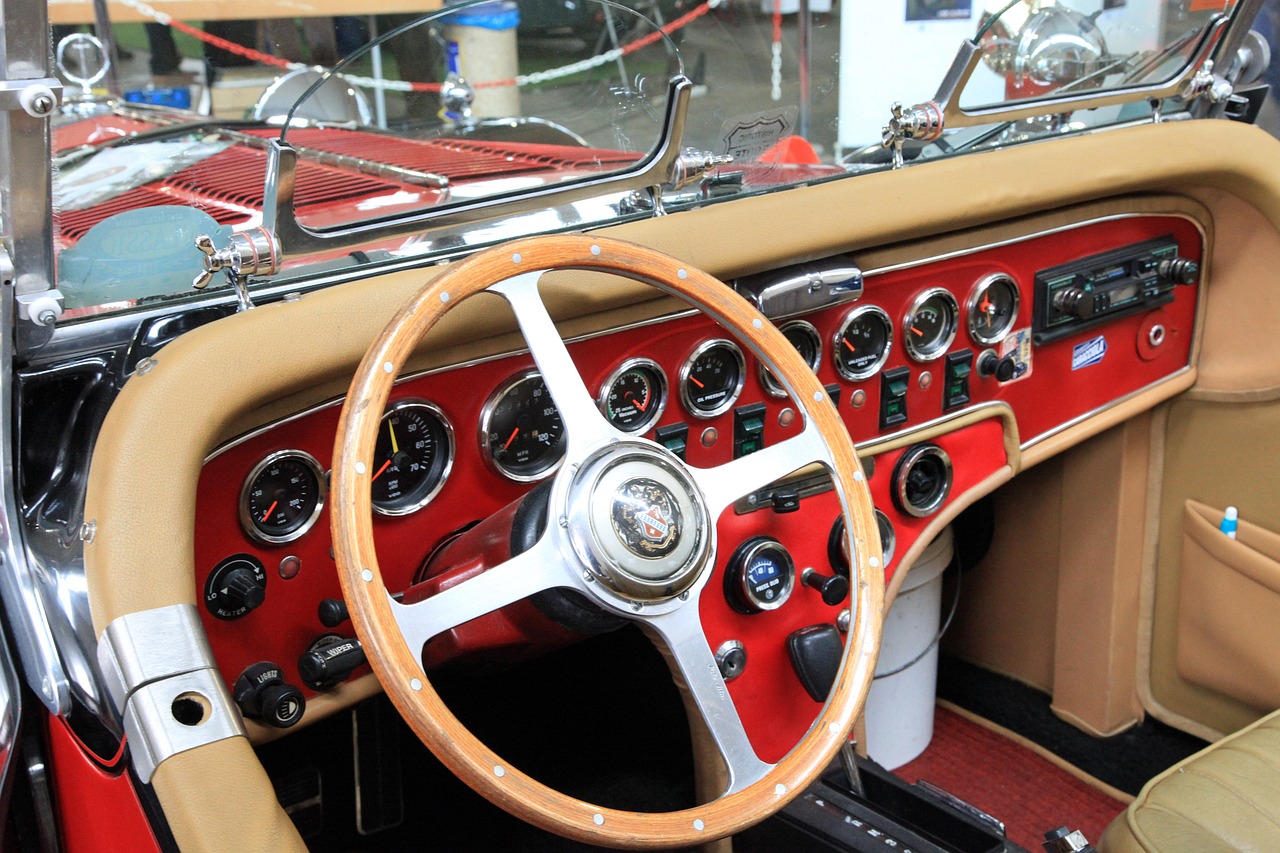Exploring Advances in Battery Cell Manufacturing Process Automation
betbazar 247 login, playexch in login, gold365 id login:Exploring Advances in Battery Cell Manufacturing Process Automation
In recent years, the demand for battery-powered devices and electric vehicles has skyrocketed. With this increasing demand comes the need for more efficient and cost-effective battery cell manufacturing processes to keep up with production. This is where automation comes into play.
Automation in battery cell manufacturing processes has seen significant advances in recent years, revolutionizing the way batteries are produced. From robotic arms to AI-driven systems, automation technologies are being implemented to streamline production, increase efficiency, and ensure consistent quality in battery cell manufacturing.
In this article, we will explore the latest advances in battery cell manufacturing process automation and how it is shaping the future of the battery industry.
The Rise of Robotics in Battery Cell Manufacturing
Robotic arms have become a common sight in battery cell manufacturing facilities around the world. These sophisticated machines are capable of performing a wide range of tasks, from assembling battery cells to testing them for quality control. By automating these processes, manufacturers can significantly increase their production efficiency and reduce the risk of human error.
One of the key advantages of using robotics in battery cell manufacturing is their ability to work quickly and precisely. Unlike human workers, robots can perform repetitive tasks with consistent accuracy, leading to higher-quality products and reducing the likelihood of defects.
AI and Machine Learning in Battery Cell Manufacturing
AI and machine learning technologies are also playing a crucial role in revolutionizing battery cell manufacturing processes. These advanced systems can analyze vast amounts of data in real-time, allowing manufacturers to make informed decisions quickly and accurately.
For example, AI-powered systems can optimize production schedules based on demand forecasts, minimize energy consumption during manufacturing processes, and identify potential defects in battery cells before they leave the production line.
By harnessing the power of AI and machine learning, manufacturers can improve the overall efficiency of their operations, reduce costs, and ultimately deliver better products to their customers.
The Future of Battery Cell Manufacturing Automation
As technology continues to evolve, the future of battery cell manufacturing automation looks brighter than ever. From 3D printing to advanced robotics, manufacturers are exploring new ways to automate their processes and stay ahead of the competition.
One promising technology that is gaining traction in the battery industry is solid-state batteries. These next-generation batteries have the potential to offer higher energy densities, faster charging times, and improved safety compared to traditional lithium-ion batteries.
To meet the growing demand for solid-state batteries, manufacturers are investing in automated production lines that can scale up production while maintaining strict quality control standards. By automating key processes, such as electrode coating and cell assembly, manufacturers can ensure the reliability and performance of solid-state batteries while keeping costs down.
FAQs
Q: What are the benefits of automation in battery cell manufacturing?
A: Automation in battery cell manufacturing processes can lead to increased production efficiency, improved product quality, reduced costs, and faster time-to-market.
Q: How do robotics and AI technologies improve battery cell manufacturing?
A: Robotics and AI technologies can perform repetitive tasks with consistent accuracy, analyze data in real-time to optimize production processes, and identify potential defects before they become an issue.
Q: What is the future of battery cell manufacturing automation?
A: The future of battery cell manufacturing automation lies in technologies such as 3D printing, advanced robotics, and solid-state batteries. Manufacturers are continually exploring new ways to automate their processes and stay competitive in the evolving battery industry.
In conclusion, the advances in battery cell manufacturing process automation are revolutionizing the way batteries are produced. By harnessing the power of robotics, AI, and other cutting-edge technologies, manufacturers can increase their production efficiency, reduce costs, and deliver higher-quality products to their customers. As the demand for battery-powered devices continues to grow, automation will play a crucial role in shaping the future of the battery industry.







